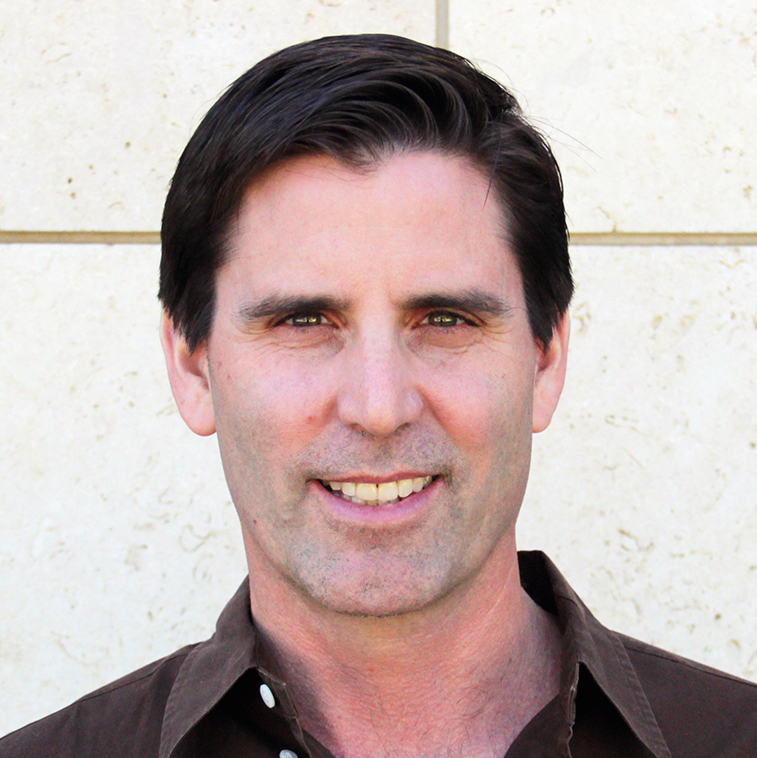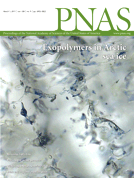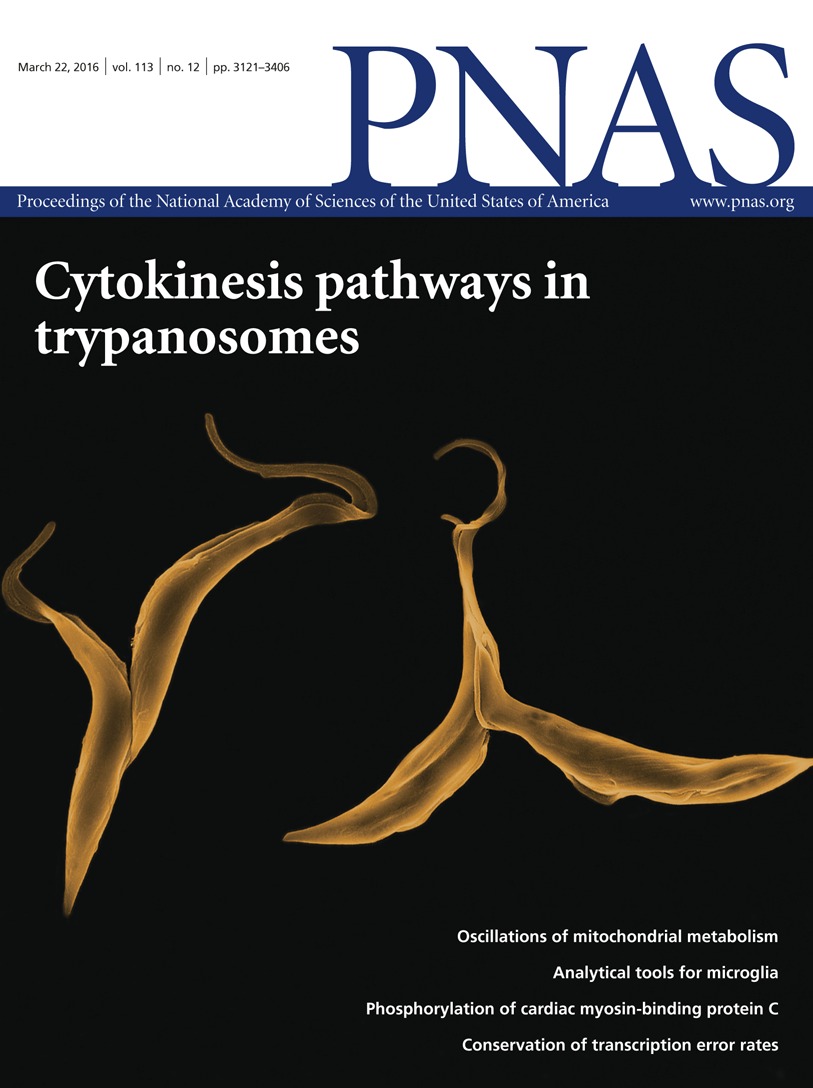 Adeel Safdar was once a rising star in the field of kinesiology. After completing his doctorate degree at McMaster University in Canada, working with one of the titans of his field, Safdar took a postdoc at Harvard, then accepted a newly created chair position at another university in Ontario.
Adeel Safdar was once a rising star in the field of kinesiology. After completing his doctorate degree at McMaster University in Canada, working with one of the titans of his field, Safdar took a postdoc at Harvard, then accepted a newly created chair position at another university in Ontario.
That all came crashing down last year, when Safdar went on trial in Canada, accused of horrifically abusing his wife. Over the course of the trial, allegations arose about his research, prompting two journals to flag papers he co-authored with his former mentor, Mark Tarnopolsky.
Tarnopolsky — author of more than 400 papers, which have collectively been cited more than 17,000 times, according to Clarivate Analytics’ Web of Science — told Retraction Watch:
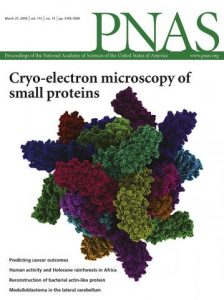

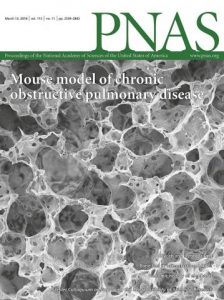
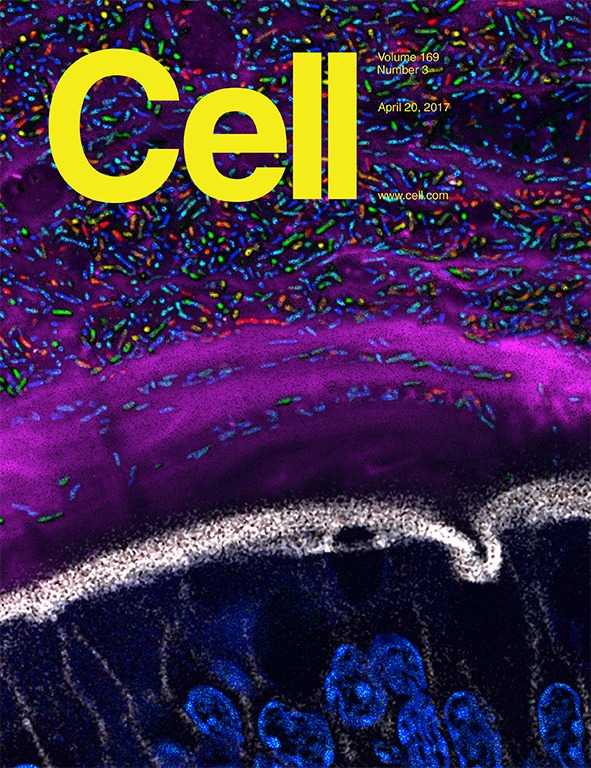 When
When  When the
When the 